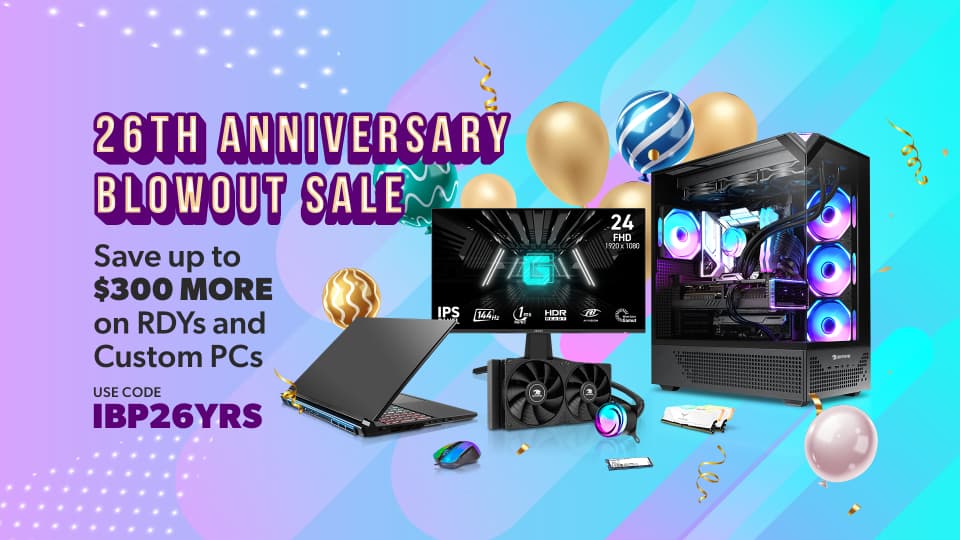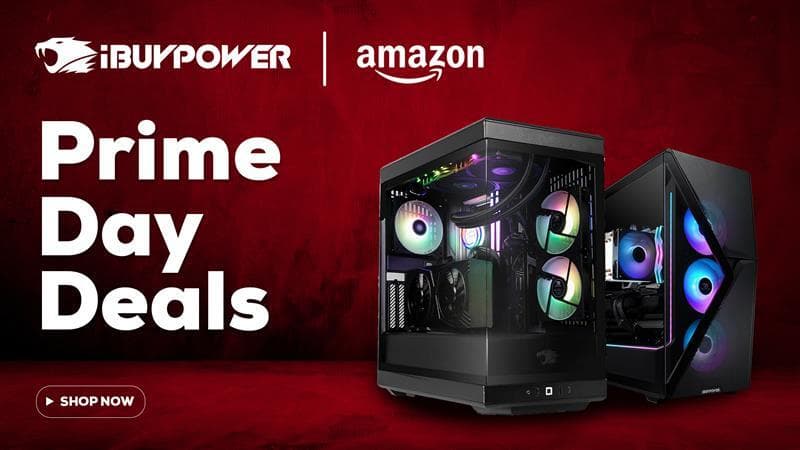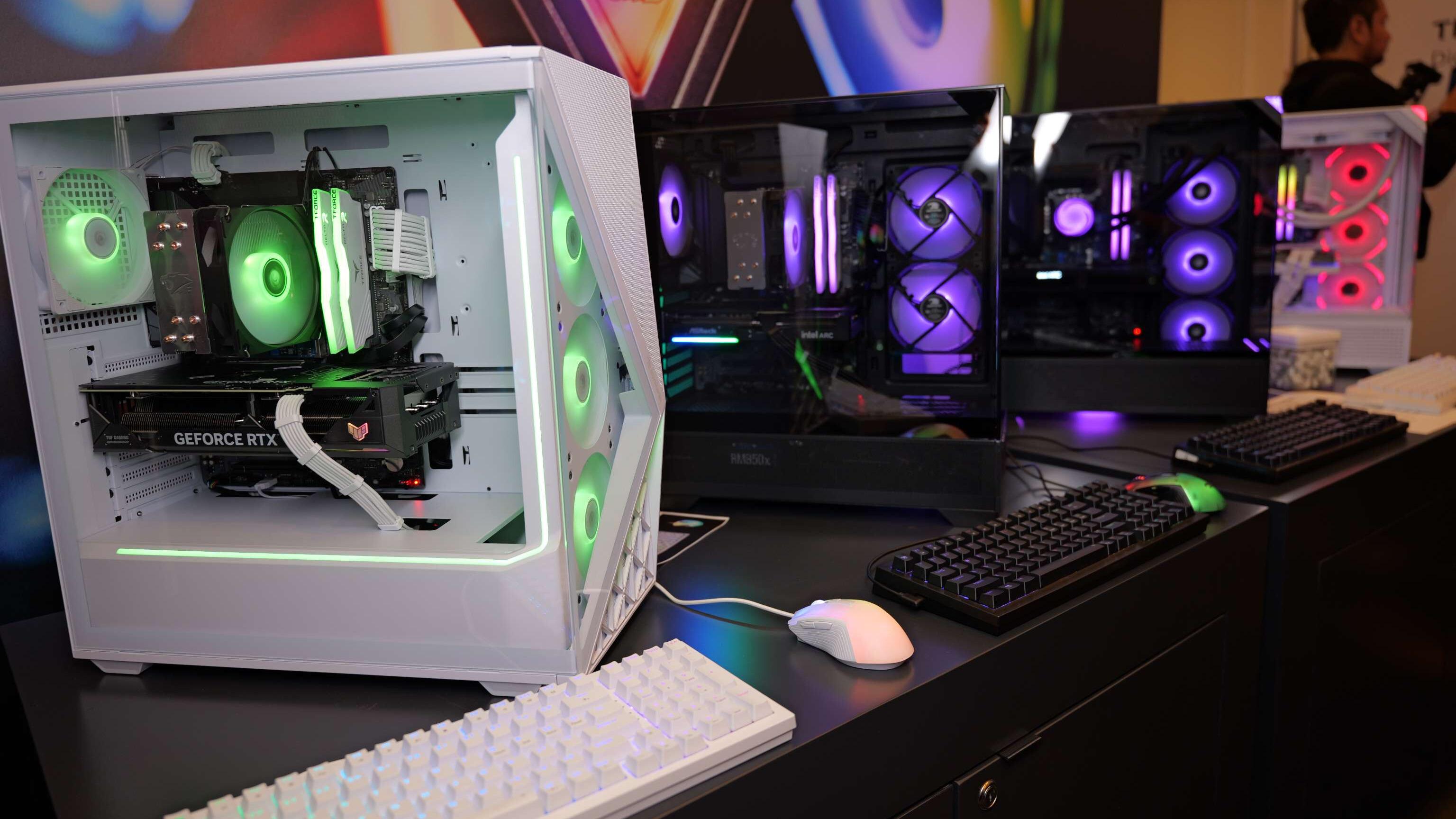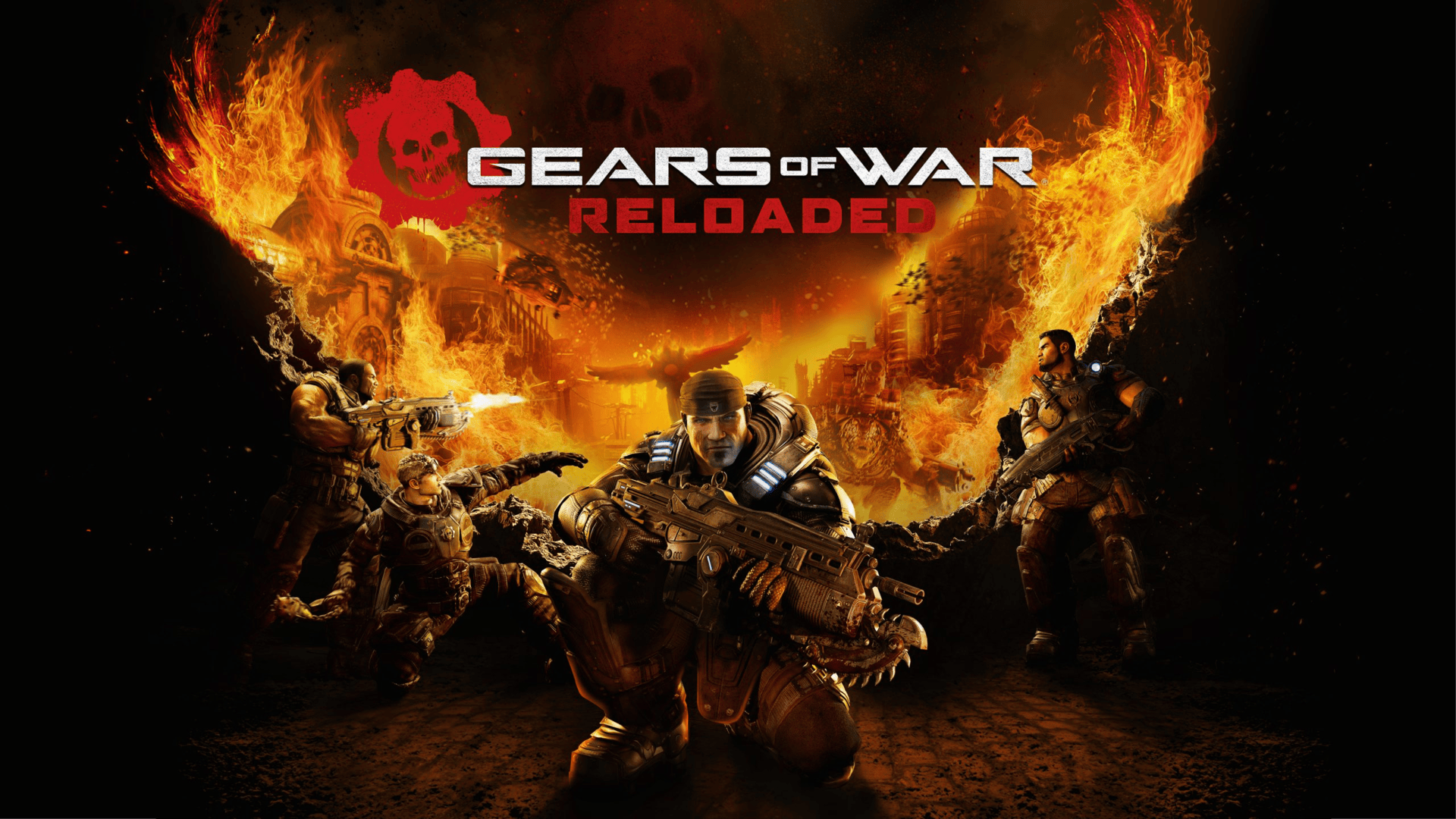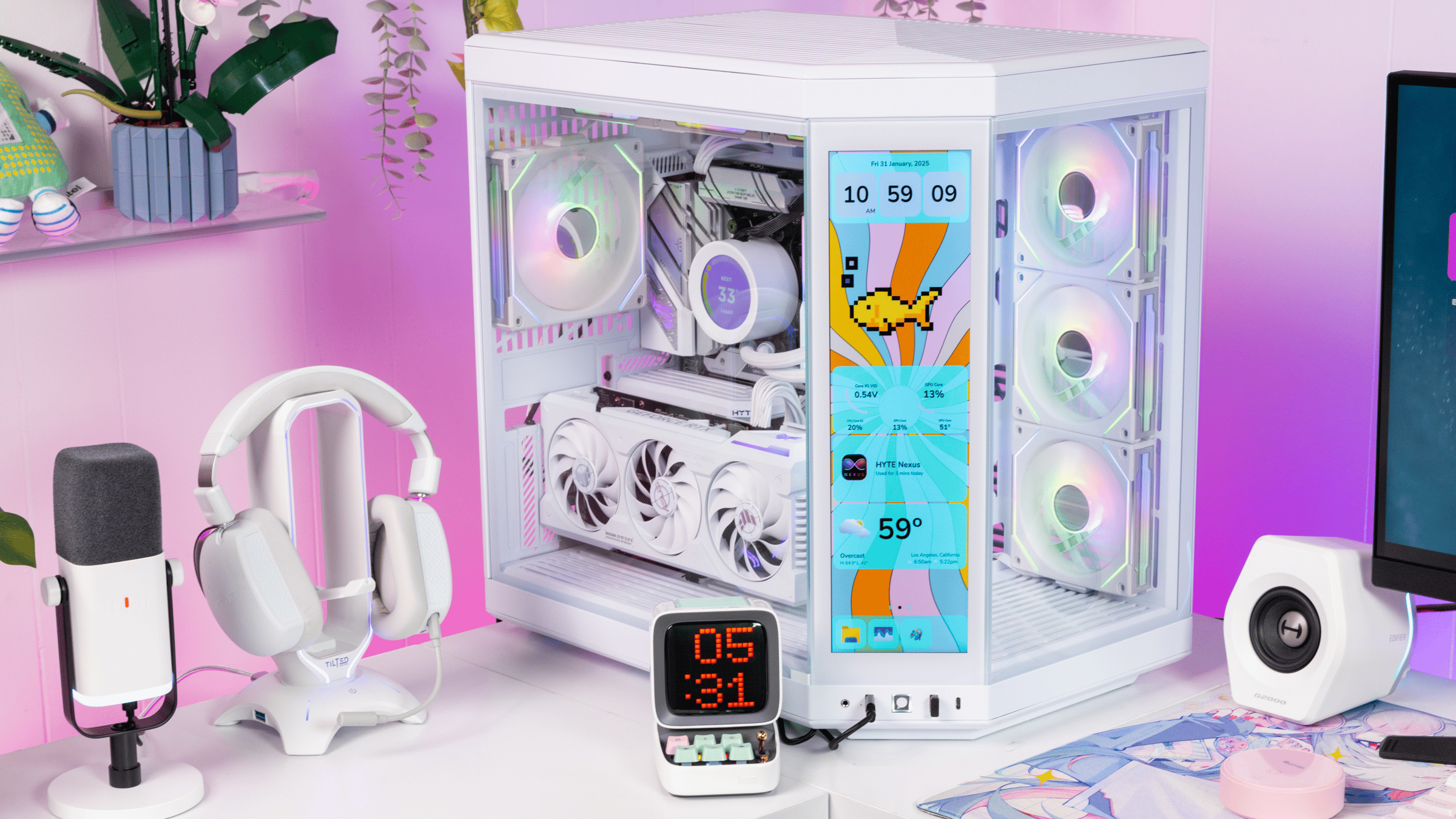Mini PCs, the compact versions of traditional desktop computers, are designed to offer reliable computing power in a much smaller footprint. Their versatility, power efficiency, and ability to handle everyday tasks with minimal space requirements have made them a popular choice. Whether you need a computer for gaming, your home office, or any other computing need, mini gaming PCs are a capable and flexible solution, empowering you to adapt your computing setup to your specific needs.
What is a Mini PC?
Mini PCs, in contrast to their bulkier counterparts, are a more compact and energy-efficient computing solution. They feature essential components such as a processor, memory, storage, and I/O ports, but their unique selling point lies in their size and adaptability. These tiny devices can fit behind a monitor or even mounted to the back of one, offering a space-saving solution that traditional desktops and laptops can’t match. While they may not pack the same raw power as high-end desktops, they are versatile enough to handle everyday tasks, including gaming, albeit better suited for less-intensive games.
They differ from laptops since they require an external monitor, keyboard, and mouse but offer similar performance levels at a more affordable price. Unlike microcontrollers, like Raspberry Pi, mini PCs can run full desktop operating systems for mainstream computing needs rather than hobbyist or DIY tech projects.
The Benefits of Mini PCs: Why Are Mini PCs Good?
With their growing popularity, mini gaming PCs offer a variety of benefits to gamers and other PC users.
The benefits of mini gaming PCs include:
Space-saving: Their small size makes them ideal for minimal desk setups or tight spaces.
Energy-efficient: They consume a lot less power than traditional desktops.
Quiet operation: Many models are fanless or have very quiet cooling systems.
Affordable: They’re generally less expensive than desktops and laptops with similar specs.
Portable and easy to set up: Lightweight and conveniently transportable.
These advantages make mini PCs great not only for gaming but also for other uses.
What are Mini PCs Good For?
Mini PCs are small in size but surprisingly versatile. Their compact design, energy efficiency, and reliable performance make them ideal for scenarios such as:
Home Entertainment/Media Centers: Mini PCs HDMI output makes it easy to connect to your TV for streaming, has decent storage for digital media, and is quiet enough to sit unnoticed on a shelf.
Office Productivity and Remote Work: For home offices and remote workers, mini PCs handle video conferencing, spreadsheets, email, and document editing with ease and take up very little space while reducing cable clutter.
Education and Classrooms: A mini PC’s compact size makes it easy to transport, while its performance is more than sufficient for everyday school tasks, such as word processing and research, but not necessarily for demanding applications like video editing.
Digital Signage and Kiosks: Thanks to their small footprint and reliability, mini PCs are a top choice for powering digital signs and kiosks. They can operate 24/7 with low energy use, are easy to mount behind displays, and support a range of digital signage software.
Gaming (Light to Moderate): While mini PCs for gaming won’t replace a high-end PC, many are capable of running popular games at medium settings, especially if they include integrated or low-profile dedicated GPUs. Some models are even optimized for gaming, providing a solid experience for casual players.
Server and Network Applications: Whether you’re building a NAS, managing home automation, or running a personal web server, their small size and low power consumption make them ideal for continuous operation without the bulk or energy draw of larger machines.
Although mini PCs for gaming can be a substitute for traditional desktops and laptops in many of these areas, there are still some differences to keep in mind.
Mini Gaming PCs vs. Traditional Desktops and Laptops
While mini PCs for gaming offer numerous advantages, it’s necessary to understand how this compares to traditional desktops and laptops. Each type of computer has its own advantages and disadvantages so choosing the best one really depends on what you need.
Here’s how mini PCs compare to traditional desktops:
Size and Power Consumption: Mini PCs feature low-power components and compact designs, making them ideal for continuous use or in tight spaces.
Performance Trade-offs: They typically perform less compared to a full-sized desktop, especially in terms of graphics or expandability. However, many mini PCs still offer strong multi-core processors and fast solid-state drives (SSDs) for everyday users.
Expandability and Port Limitations: Although they may not offer the same level of upgradability as full towers, many mini PCs allow for RAM and storage upgrades. Port availability is often generous, with a variety of ports included, including USB, HDMI, DisplayPort, Ethernet, and more, but you may need external hubs for more niche needs.
Compared to laptops, mini PCs don’t include a screen, keyboard, or battery. However, they often deliver better value if portability isn’t your top priority. Their performance per dollar is usually higher because you’re not paying for display or portability features.
What to Look for When Buying Mini Gaming PCs
When shopping for mini gaming PCs, you should make sure the system’s features match your needs since their capabilities vary significantly depending on the model. From processing power and storage options to connectivity and upgrade potential, here are the key factors to consider before making your purchase.
Processor Performance: Intel Core and AMD Ryzen chips perform great for general tasks, while ARM works for ultra-low-power models.
RAM and Storage: Look for at least 8GB of RAM and an SSD for quick boot times and performance. If you need more storage, some mini PCs support external drives or allow you to upgrade internal ones.
Operating System Compatibility: Make sure the mini gaming PC supports the operating system you plan to use, whether it’s Windows, Linux, or macOS (in the case of Apple’s Mac Mini).
Connectivity: Verify there are ports such as USB, HDMI, Ethernet, DisplayPort, Wi-Fi, and Bluetooth.
Upgrade Potential and Use Case Alignment: Know what you need for your mini gaming PC to choose one with the right mix of specs and upgrade options.
Finding the right mini gaming PC comes down to understanding your performance needs and how you plan to use the system. Selecting a mini PC with the right features will help you maximize your investment, no matter what you’re using it for.
Are Mini PCs Worth It?
Mini gaming PCs are a practical and efficient solution for many computing needs due to their compact size, affordability, and flexibility. If you choose a model suited to your specific needs, a mini PC can be a smart investment with long-term value.
If you’re on the lookout for a gaming PC or some much-needed accessories, iBUYPOWER has everything you need in one place.


